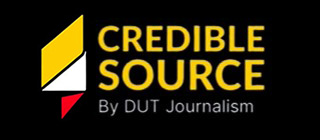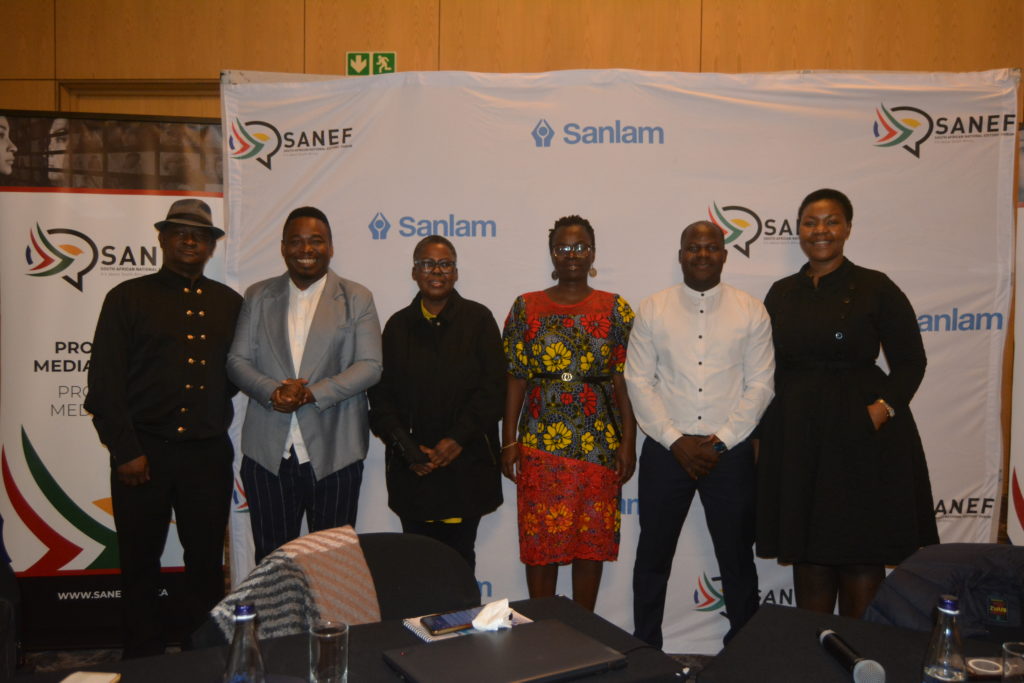Enzokuhle Sabela and Minenhle Zikhali
Durban University of Technology (DUT) Journalism Programme lecturers presented their research paper at the South African Editors’ Forum (Sanef) seminar at Radisson Blu Hotel in uMhlanga, Durban, recently.
DUT Journalism Department Dr Theodora Adjin-Tettey, Dr Tigere Muringa, Mr Siphumelele Zondi and University of Edinburgh scholar Samuel Danso presented their research paper at the Sanef seminar titled “Opportunities and Risks for Journalism in an Era of AI (Artificial Intelligence)-Driven Newsrooms”.
Sanef reported that AI advancements are revolutionising journalism by automating tasks and enhancing efficiency in news gathering, production and dissemination.
Phathiswa Magopeni, Sanef’s chair of Education and Training Committee, said that the seminar aimed to explore the implementation of IA in newsroom settings.
“Now that we have had the texture of the discussion, there is a lot that needs to be done. We have already started talking about how we guide the application of AI tools in newsrooms, but it is not just about how editors are dealing with it, we need to bring in the media owners so that they support and invest in AI applications and if there is training that is required, they must approve the budget,” she said.
Noticing that most of the studies about AI look at how it has been used, rather than how people are adopting it, the academics decided to look at how journalists are adopting the AI tools, as well as what they think the implications are in their careers.
The collaborative paper is titled “The Role of Artificial Intelligence in Contemporary Journalism in Two African Countries”. The academics’ findings were that AI tools used by journalists include ChatGPT, Grammarly, Otter AI and Canva AI. Most importantly, they found out that journalists in these two countries (Ghana and South Africa) use primarily the above-mentioned AI tools for fact-checking and transcribing.
Following their in-depth research, the academics concluded that there is a huge gap in formal policing and training regarding adopting AI tools in newsrooms. They believe that some of the opportunities that AI has to offer include time efficiency, stress reduction, not likely to replace humans, as well as enhancement of routine tasks.
Some of the ethical challenges raised were that AI is perceived as dishonourable when associated with journalism, AI’s propensity to generate misinformation and perpetuate biases might undermine the originality of journalism.
Adjin-Tettey emphasised that journalists should not be concerned about AI overtaking their jobs.
“The perception about AI overtaking the newsroom is something that journalists should not (worry about), but rather journalists should realise that AI will enhance their work,” she said.


